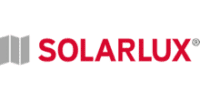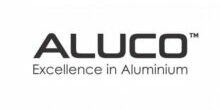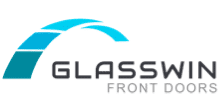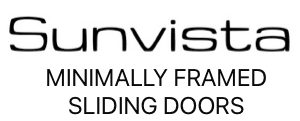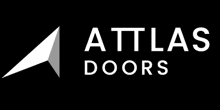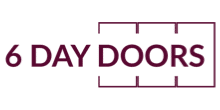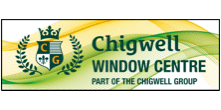Secured by Design is frequently seen and mentioned when researching or buying new doors and windows. Secured by Design windows or doors (also referred to as SBD) are frequently misunderstood. Homeowners assume their new glazing comes as standard with SBD. The trade sometimes misuses the SBD logo, a registered trademark. Here’s everything you need to know about Secure by Design and what to be aware of when buying new doors or windows
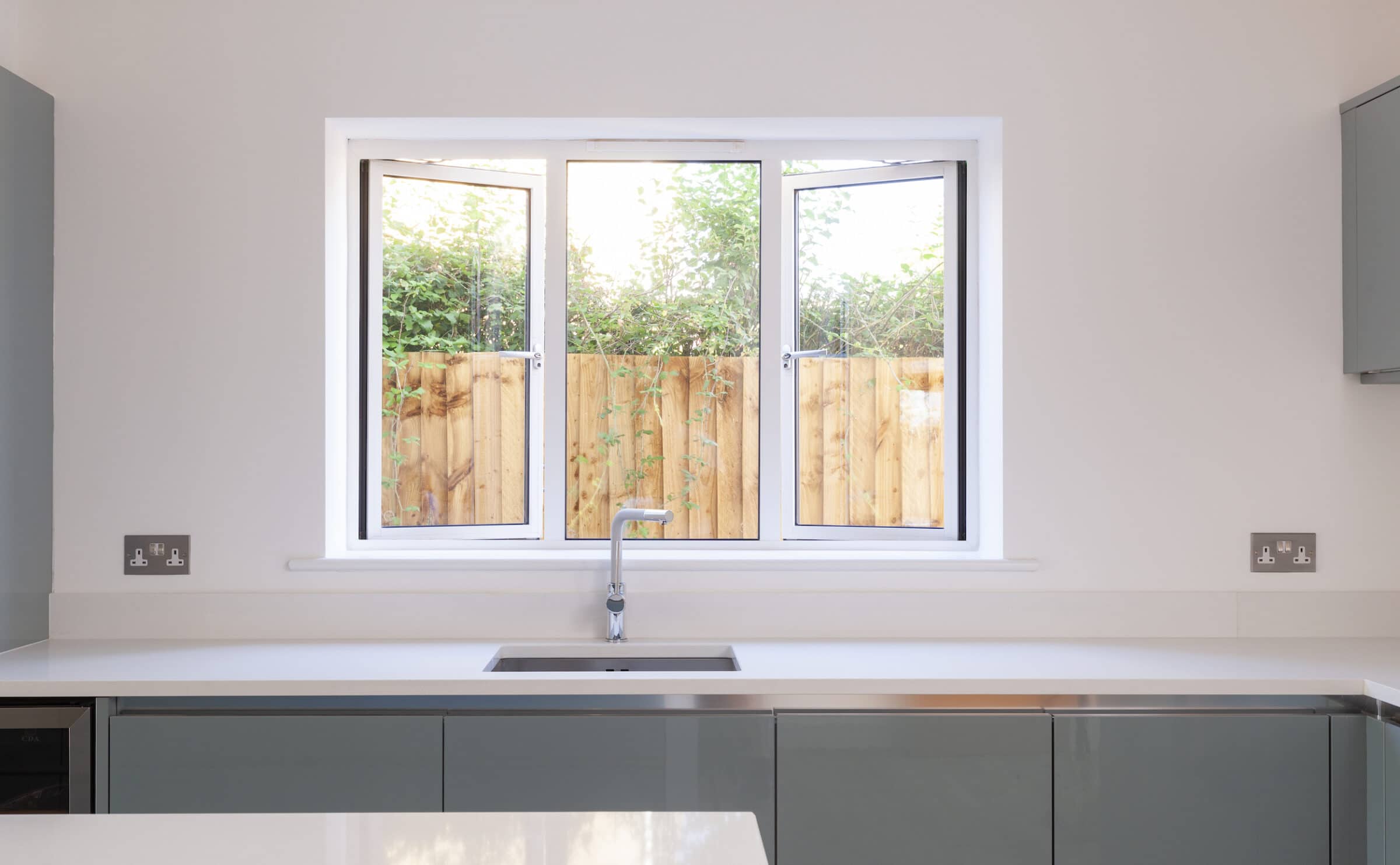
What is Secured by Design or SBD?
Security is heavily marketed when buying new aluminium glazing such as windows or doors. Of course, it’s also expected that your new glazing is secure and meets expectations. Secured by Design or SBD is a frequently seen badge across many home improvement websites.
The official SBD website is extensive and it’s hard to get a clear homeowner message when buying new glazing. SBD is not just about windows or doors, hundreds of products from alarm systems even down to the design of new build homes and developments can all fall under SBD.
In simple terms, SBD is a security initiative working to improve buildings and their component parts, to deter and reduce crime. New windows or doors, obviously fall within this too.
It’s very important to know that SBD does not test products. It’s a membership organisation and it makes money! It’s a company called Police Crime Prevention Initiatives Ltd. SBD membership proves that the Secured by Design windows or Secure by Design doors have achieved “Police Preferred Specification”. This specification and testing are carried out by independent and third-party testing institutes. This page on the SBD website shows all the accredited test and certification facilities.
So what does this mean for homeowners buying new doors and windows? SBD, takes established security tests and provides an independent guarantee that your new windows or doors come made and tested to established standards for security. Testing is done with samples. Do not assume every new window or door made is tested. Instead, it’s made to these standards.
What you need to know when you see the SBD Logo
First of all, the SBD logo is a registered trademark. And Police Crime Prevention Initiatives Ltd (SBD) are incredibly strict around the misuse of their logo. The reality is, the door and window industry misuses it a lot. So just because you see an SBD logo on a glazing company website doesn’t mean they’re allowed to use it. Where they are, it’s not your installer that’s accredited.
It’s only the company making your windows that has the certification and SBD membership as a result. Aluminium systems companies, designing and bringing products to market, can also have a membership but only when their products are supplied to their respective SBD approved manufacturers.
However, installers are allowed to become members and use the logo with permission. So it’s worth checking whether your installer is. SBD police the use of their logo strictly. Only members (manufacturers) and resellers (installers) can display the logo.
With the SBD logo promoting better security and enhancing the perception of a website or product, it’s understandable that Secured by Design are strict on the use of their logo.
Any non-member company displaying the SBD logo must also state the company and product their use of the logo relates to.
What are Secured by Design Windows?
Secured by Design windows as well as doors are put through a specific security test. In most cases, this is PAS 24:2016 Enhanced security performance requirements for doorsets and windows in the UK.
PAS 24 (Publicly Available Specification) is a widely used and minimum security test within Building Regulations for door and window security. There has to be a minimum standard under which a door or window will pass. And indeed, there are many windows and doors on the market that exceed this minimum requirement.
Your certified door and window manufacturer will have moved over to the new standard, although you’ll still see references to PAS 24:2012 or BS7950 that are older standards.
What happens on a PAS24 test?
The test involves various methods of attack on a door or window and using both manipulation and mechanical testing. The test uses various tools attempting to force entry as well as impact tests on the glass.
The manufacturer submits the product for testing to PAS 24. Assuming a pass result, the factory and the manufacturing process are examined by a UKAS accredited Certification Body. Assuming all is in place, a certificate is provided to the manufacturer. Then they can market their products as ‘certified to PAS 24′. SBD may place additional requirements such as using laminated glass and, of course, that the manufacturer holds an SBD licence.
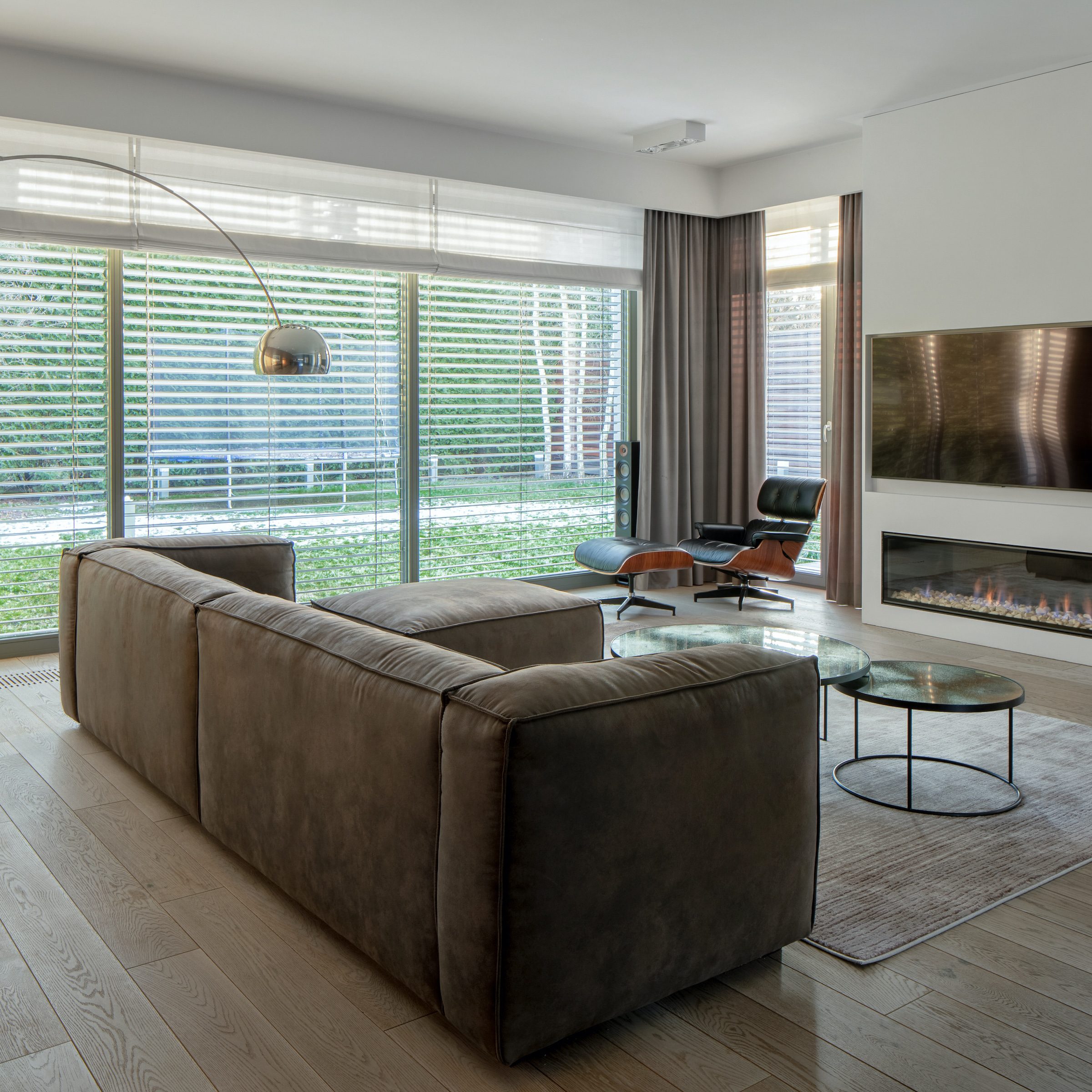
Why Secured by Design Doors or windows don’t come as standard with SBD
When buying new windows and doors, you’ll see marketing messages such as:
“Our products are tested to Secured by Design”
“Police-backed security”
“SBD accredited” and many other similar terms
All these messages don’t mean you’re automatically getting Secure by Design windows or Secured by Design doors. And here’s why.
Whatever the security test carried out on a product, it’s tested at a particular size, design and specification. So if your new door is tested as an open outwards door with a standard threshold, a specific handle, lock and glass type, then only that product is tested and certified. When you order your door open in, a decorative handle and a different glass type, it ceases to be an SBD product as it’s never been tested with that configuration.
There are several good examples to illustrate this point.
- Most doors and windows are tested with laminated glass not toughened you’ll be offered
- Some bifolding doors are only tested with open out designs.
- Sliding doors are tested and certified at certain panel sizes and larger doors may fail the same test.
- Many aluminium front doors state in the test ‘no letterplate allowed’
- Doors with side panels aren’t often tested
- The lock and key cylinder brand is the same
The takeaway here is unless your product is provided to the exact specification tested, it’s unlikely it is a 100% SBD product. Check with your installer, check with the SBD website and ask the right questions. A good installer will tell you the facts about your product.
Do you need Secured by Design in your new windows and doors?
No. It’s not essential as PAS 24 applies and there are also European systems carrying different standards that are just as good. So don’t assume your windows only need SBD.
It’s also worth bearing in mind that modern windows and doors use excellent hardware, great design and are designed from the outset to be secure. So while a product may not have SBD, it doesn’t mean you shouldn’t consider it.
There are many doors and windows on the market with significant security features and great design. A good installer can demonstrate these features to you and you’ll get a very secure window even if there’s no SBD badge attached to it. So don’t discount other products without this certification.
How much does Secured by Design Cost?
To the licence holder, the cost is substantial at the start and ongoing. For you buying new windows and doors, it depends. Laminated glass is one component also used in testing. This is more expensive than toughened glass supplied as standard and adds extra weight to your doors and windows. The benefit is a more secure product.
Obviously, we all have a different level of risk when it comes to our homes. You may want the peace of mind of a very secure door with the advantages of laminated glass if your garden is private or secluded. Alternatively, houses on busy roads are less likely to be attacked from the front. Therefore the extra cost is down to several factors in your overall buying decision.
The reality today is that we have come to expect our windows to be secure and it’s debatable whether buying new glazing focuses more today on the styling and design rather than the security.
Is PAS 24 the same as Secured by Design?
PAS 24 is the test. Secured by Design is a licensing scheme using this test plus its own criteria where required. Don’t assume PAS 24 is the only test. There is also LPS 1175 that’s actually a more thorough test and it’s applied a lot to commercial doors and windows.
Is Secured by Design a legal requirement?
No. SBD is not a legal requirement. At the moment windows in new builds need PAS 24 and Document Q.
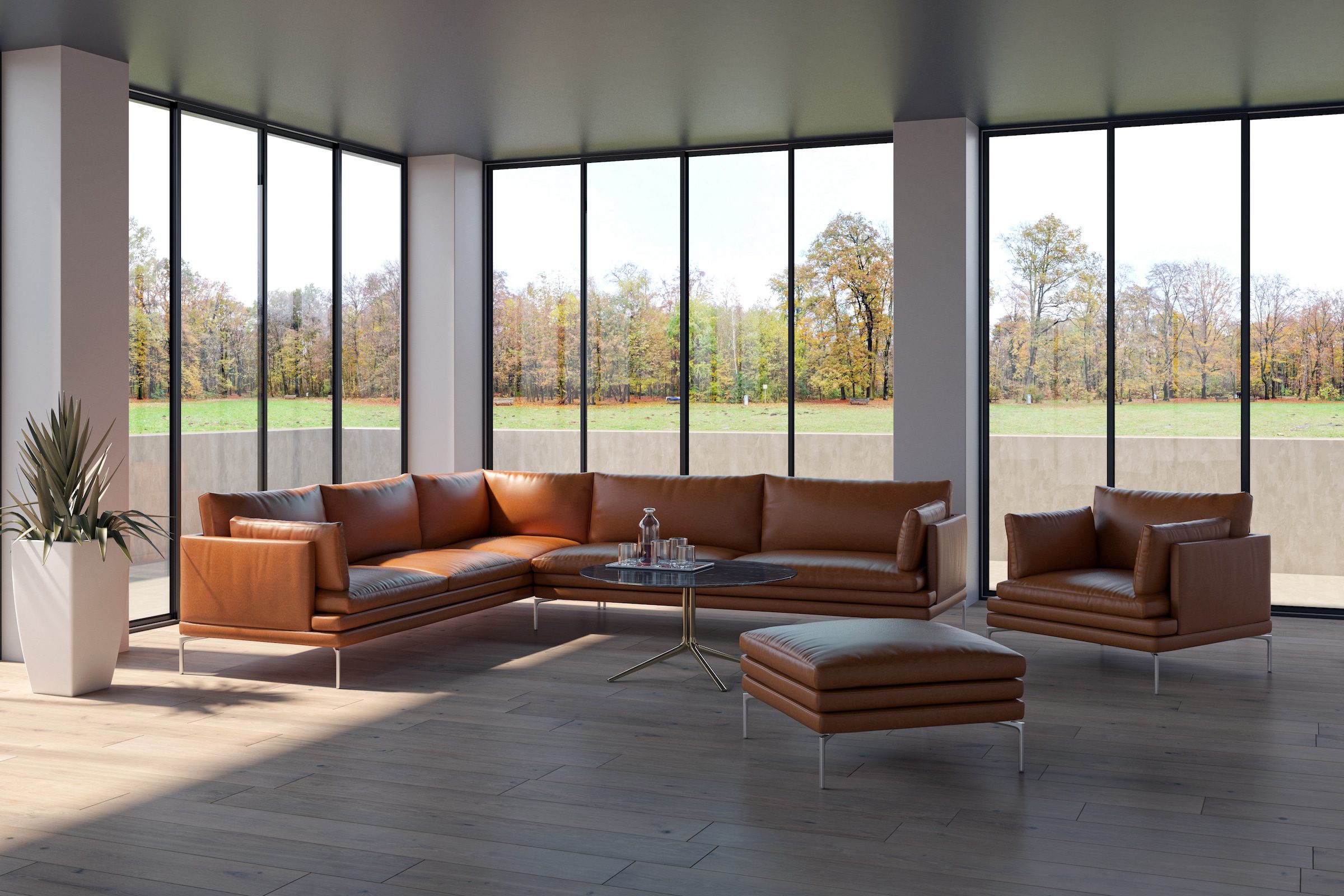
Summary and Conclusion
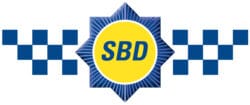
There’s a lot of confusing information around Secured by Design Doors or windows and some of the marketing literature can be very misleading. Unless your product is exactly as tested, you probably aren’t getting an SBD certified product even though the manufacture and the system generally is.
A reputable installer will be honest about what the various tests and standards mean or you can get in touch with us for more information.

